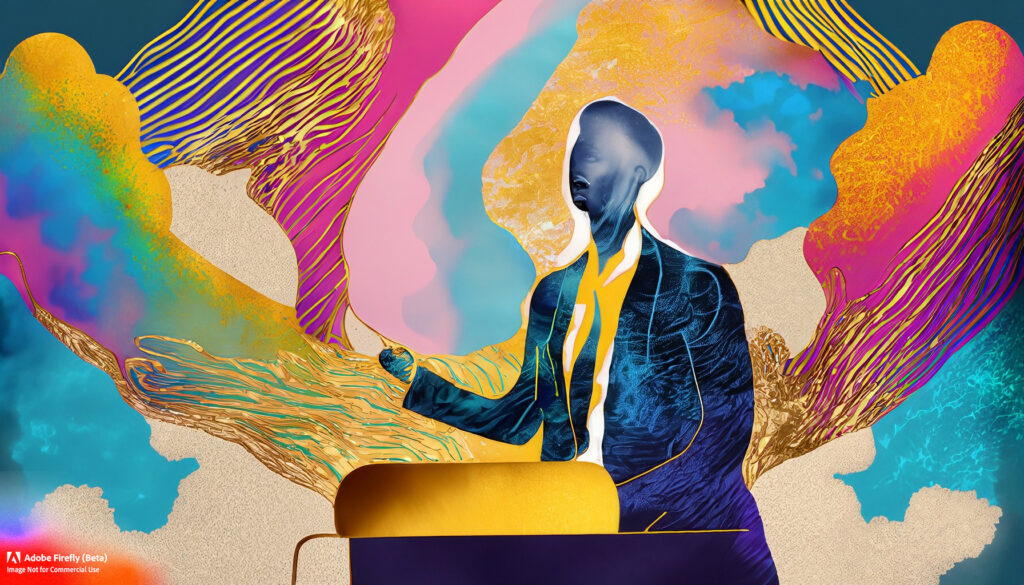The Dangers of Deifying Professional Liars
In today’s society, we have a tendency to put individuals on a pedestal who have the ability to deceive us. We tend to idolize actors, politicians, and charismatic tech figureheads and often take their opinions as gospel. But this is a dangerous mindset that can lead to a lack of critical thinking and the loss of individual agency. It’s important to remember that these people are professional liars, and their job is to convince us of their authenticity and sincerity, even when their words are crafted to manipulate us.
Actors, for example, are skilled in the art of deception and the creation of illusions. They are trained to embody different characters and emotions, to express themselves in a way that resonates with the audience. Their personal beliefs and values may differ from those they portray on screen.
Politicians, on the other hand, are trained to manipulate public opinion, use language that resonates with their base, and project an image of leadership and authority. They are often more concerned with gaining and maintaining power than with serving the needs of their constituents.
Charismatic tech figureheads, such as CEOs and founders of major tech companies, also fit this description. They are highly skilled at manipulating public opinion, projecting a certain image or persona, and convincing people to buy into their vision or product. They are adept at using language and visual cues to create a sense of authenticity and sincerity, even when their motives may be questionable. They are skilled at crafting narratives and controlling the message, often to the detriment of their users or customers. Steve Jobs’ “reality distortion field” was one of the most well known examples.
For example, tech CEOs may use language that suggests they are working for the greater good, while in reality, they are focused on increasing profits and market share. Similarly, tech founders may create a charismatic persona that appeals to the desires and aspirations of their customers, while at the same time collecting vast amounts of personal data and using it for their own purposes.
We should never be afraid to question authority or challenge the status quo. It’s essential to cultivate a healthy skepticism of those in positions of power and influence. We should question their motives and intentions, and we should do our research to verify the validity of their claims. By doing so, we can ensure that our beliefs and actions are truly our own, and not simply a reflection of the opinions of others.
We should constantly examine our beliefs and values and critically evaluate them in light of new information and evidence. We should not be afraid to challenge our own assumptions and change our minds. In a world where misinformation is rampant, skepticism is more important than ever.




